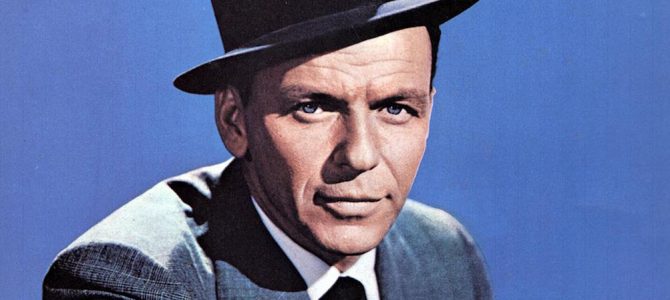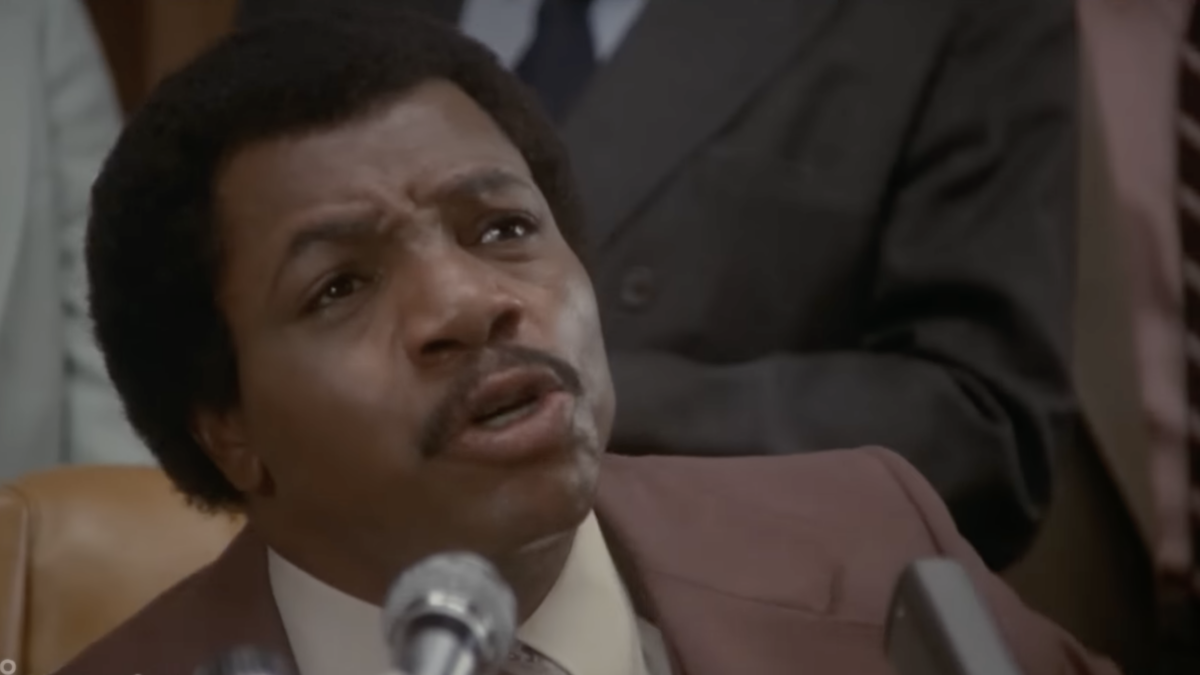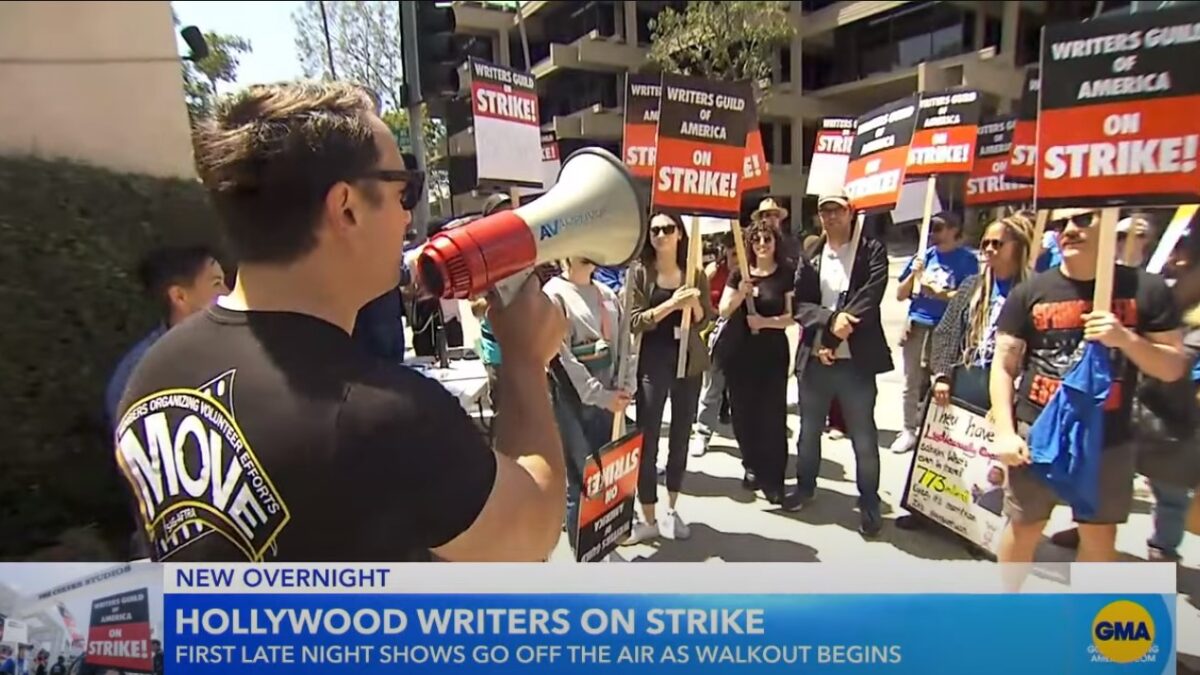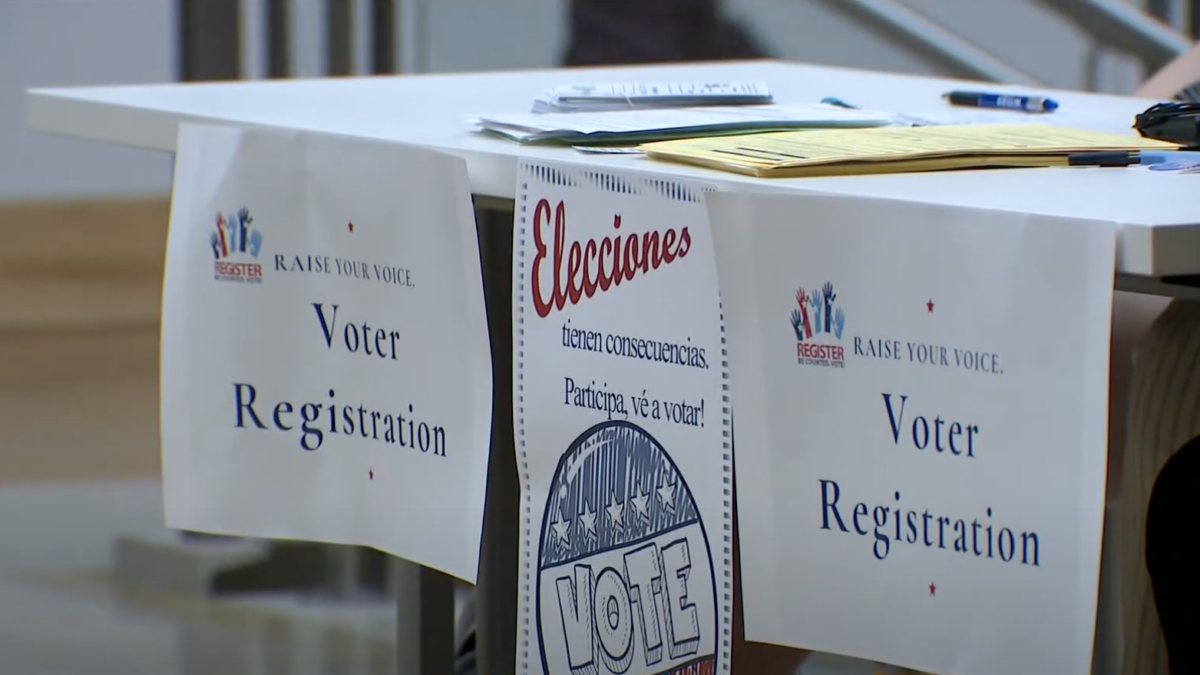
For a man most famous for his stint on reality television who has always relished the company of celebrities, the inauguration of Donald Trump as President of the United States looks to be notable more for the absence of stars of stage and screen than their presence. The past week has seen opera singer Andrea Bocelli and Tony award winner Jennifer Holliday back out of participating after receiving significant backlash, including threats of boycott and even violence, from those who view the act of performing for the president-elect as unacceptable. Holliday told the Associated Press that “I didn’t see it as singing for Trump; I saw it as singing for the people on the mall.” But that attitude of graciousness and respect was not enough to sway the opinions of those clamoring for her to back out.
This is not an encouraging sign for the next four years. For those celebrities seeking a primer on how to interact with the political sphere in the era of Trump, they would be wiser to look to the model of another prominent star of the past: Frank Sinatra.
Sinatra had good relationships with nearly every president in his lifetime. He performed at the inaugurations and White Houses of members of both parties. As a young idol he met Franklin D. Roosevelt in 1944 at the White House, and campaigned for Harry Truman and Adlai Stevenson. He was close friends with John F. Kennedy, and came to have genial relationships with many presidents despite differences in party and personal dislike. Even while holding strong personal political opinions on a number of topics, Sinatra would swallow his disagreements and treat all presidents with respect.
There was no politician Sinatra disliked more than Richard Nixon. But after campaigning for Hubert Humphrey in 1968, he sent Nixon a congratulatory note applauding his work to reshape our relationship with Russia. Following Sinatra’s legendary testimony before the House Select Committee on Organized Crime, Nixon called him to congratulate him. When Sinatra announced he’d support Nixon’s re-election in 1972, his daughter Tina called him in a fury – he responded, “That’s the way it goes, kid – it’s a free country.”
In 1966, when Ronald Reagan was challenging Pat Brown for the governorship of California, Sinatra hosted fundraisers for Brown and decried Reagan as a “bore”. According to James Kaplan’s Sinatra: The Chairman, Sinatra told his friends “I can’t stand that f***ing Ronnie… Every time you get near the bastard he makes a speech and he never knows what he’s talking about.”
Kaplan quotes Peter Lawford as recalling Sinatra’s commitment that should Reagan ever win public office in California, he would move out of the state. A host of American celebrities in 2016 made similar commitments regarding a Trump victory – though precious few seem to be living up to their commitment to move, despite Meryl Streep’s dark warnings of a television landscape bereft of anything but football and mixed martial arts. Celebrities who have stuck up for the idea that the president-elect needs to be treated with respect, such as Nicole Kidman, or that his election is in part due to the arrogance of Hollywood “bullies”, such as Zoe Saldana, are the apparent exceptions to the new norm, where no celebrity would dare associate themselves with the man for whom nearly 63 million Americans voted.
In a healthy republic, there is a need for figures who understand that the presidency is not the be-all and end-all of the people. Performing for the president is an honor, and a world where every singer, actor, or comedian who performed for President Obama over the past eight years was boycotted by those who did not vote for him would be a sad world indeed – and not just because it would prevent any Republican from attending “Hamilton”.
When asked whether her father would’ve participated in the inauguration of the 45th president, his daughter Nancy recently tweeted “He would never support a bigot.” But when that same Ronald Reagan Sinatra could not stand a decade and a half earlier was elected and re-elected to the presidency, Sinatra performed for him twice. It is hard to see him doing anything different with this Commander in Chief.
Sinatra understood that performing for a president speaks to something more than a statement in support of policy positions. It is about placing an implicit love of country before any explicit political agenda. It is unhealthy to live in an environment where every aspect of our culture requires a great sort, where creative talents are for some but not for all, and where performing for the President of the United States becomes a point of regular and significant controversy.
Politics is downstream from culture. In a time of fractured politics, our need for unifying cultural events is more acute, and particularly our need for creators who do not deny the people their art because of the votes they cast. Our performers don’t have to say yes – but we shouldn’t punish or shame those who do. If we manage to do that, it will represent a healthy development in understanding that we can all enjoy the fruits of America’s thriving creative culture together, not separated by the bounds of party. It’s what a free country does.









